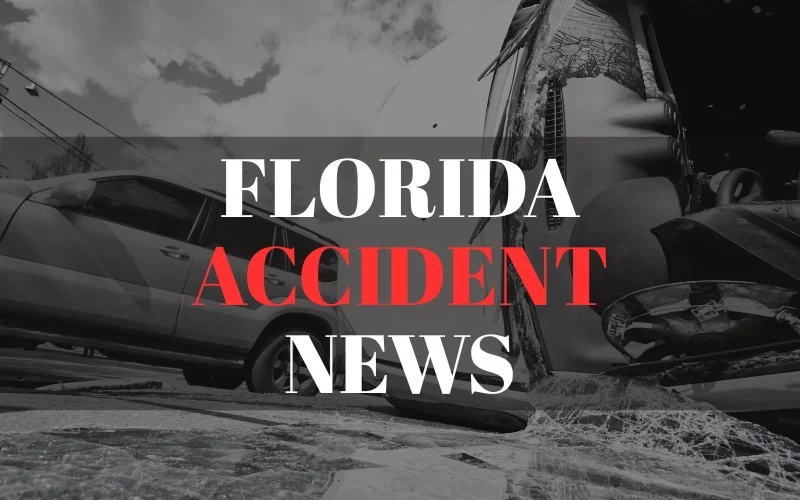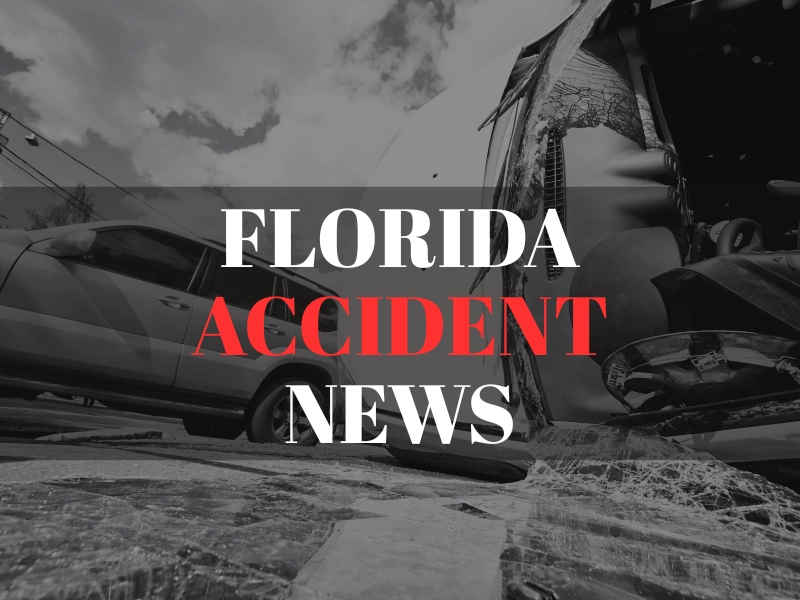Clearwater, FL — Law Aimed at Preparing Teens to Drive Safe Soon to Take Effect
18Jun
Clearwater, FL (June 16, 2025) – A significant change hits Florida’s teen drivers this summer. Beginning July 1, 2025, teens aged 15-years-old to 17-years-old must complete a full driver’s education course before obtaining a learner’s permit. Previously, Florida only mandated a traffic law and substance-abuse course. The law marks a major shift in how the state’s novice drivers prepare for the roads.

Teen drivers are among the most at-risk groups on the road. Across Florida, crashes involving teen drivers often result in serious injuries, fatalities, and costly insurance claims. These incidents are frequently caused by inexperience, distractions, and a lack of familiarity with traffic laws. The new law is designed to confront those issues head-on by making sure that teens receive structured, comprehensive training before ever getting behind the wheel.
Table of Contents
What Does the New Law Require?
The new legislation, known as Senate Bill 994, signed by Gov. Ron DeSantis, requires that teens complete a Florida Highway Safety & Motor Vehicles (FHSMV)-approved driver’s ed course, pass a vision and hearing screening, and complete a knowledge exam. Teens will also need a signed parental consent form and must hold their learner’s permit for at least 12 months or until they turn 18-years-old, whichever comes first. This structure closely follows recommendations from the National Highway Traffic Safety Administration, which points out that teens are significantly more likely to be involved in crashes than older drivers.
What the Law Replaces
Before this legislation, Florida teens only needed to complete a Traffic Law and Substance Abuse Education (TLSAE) course, commonly referred to as the drug and alcohol course, to be eligible for a learner’s permit. No formal instruction on defensive driving, traffic navigation, or situational awareness was required. While the TLSAE course provided valuable information about the dangers of driving under the influence, it did not equip teens with the skills or judgment needed to navigate complex driving environments. This limited preparation left many new drivers vulnerable the moment they got behind the wheel.
Why This Matters for Teen Safety
The new law is expected to create better-prepared drivers. Classroom education gives teens the opportunity to learn about defensive driving, recognize dangerous behaviors like distracted driving, and understand how to handle real-world road risks. Local instructors confirm that many teens are surprised by the traffic conditions they face, especially in urban areas like Clearwater and Tampa. Structured education helps bridge that gap, allowing students to learn in a controlled setting before taking the wheel.
Driving schools and throughout Tampa Bay are responding positively to the law. Teachers note the added instruction is a plus, especially when preparing students for unpredictable traffic situations. Students of such programs have echoed these thoughts.
The Risks Teen Drivers Pose on Florida Roads
Teen drivers are statistically among the most dangerous on the road. According to the CDC, motor vehicle crashes are the second leading cause of death for teens in the U.S. Lack of experience, overconfidence, and common distractions like cell phone use all contribute to the elevated crash risk in this age group. In Florida alone, thousands of teen-involved accidents occur each year, many of which lead to serious injury or death.
Night driving, peer pressure, and poor judgment in high-speed or high-stress situations are also recurring factors. Many teens fail to understand how quickly a routine drive can turn deadly. Without foundational knowledge of traffic laws and defensive driving, these young motorists face an uphill battle.
Common Causes of Teenage Driving Accidents
Young drivers face a unique set of challenges due to their age, inexperience, and exposure to peer influence. These factors often result in poor decision-making, delayed reaction times, and a greater likelihood of taking risks. Some of the most common causes of teenage driving accidents include:
Inexperience Behind the Wheel
Many teenage accidents stem from a basic lack of experience. Young drivers may not yet know how to react to sudden changes in traffic, poor weather conditions, or unpredictable driver behavior. Even basic tasks like merging onto a highway or executing a three-point turn can become dangerous without adequate instruction and practice.
Distracted Driving
Cell phones, loud music, and passengers are frequent distractions for teen drivers. Despite widespread awareness campaigns, texting while driving remains a significant issue. Many teens overestimate their ability to multitask, leading to split-second mistakes with serious consequences.
Speeding and Reckless Behavior
Teen drivers often underestimate the dangers of speeding or taking turns too quickly. Some do so out of peer pressure or simply to test the limits of their vehicles. These behaviors reduce reaction time and increase the severity of any collision that does occur.
Driving Under the Influence
Despite the legal drinking age and zero-tolerance policies, some teens still get behind the wheel under the influence of alcohol or drugs. Impaired judgment and slowed reaction times drastically raise the likelihood of a crash.
Nighttime and Weekend Driving
Most fatal crashes involving teens occur at night or on weekends. Reduced visibility, fatigue, and a higher presence of impaired drivers contribute to the danger. Teens are less likely to recognize when they are too tired to drive or when conditions are particularly hazardous.
How the Law Aims to Reduce Teen-Involved Crashes
By mandating formal education before teens can get a learner’s permit, Florida is attempting to close the gap between inexperience and responsibility. Driver’s ed courses expose students to real-life scenarios and explain consequences in a way that friends or family members often can’t. When young drivers understand both the mechanics and risks of operating a vehicle, they’re more likely to make thoughtful decisions on the road.
Structured education also means teens learn about risk reduction techniques, such as maintaining safe following distances, recognizing aggressive drivers, and knowing when not to drive. With this law, Florida is taking a proactive stance, rather than responding only after tragedy strikes.
Legal Support for Victims of Teen-Driver Accidents in Clearwater
Florida’s new driver education law is a step in the right direction, but even with improved training, accidents involving teen drivers may still happen. For those injured in crashes caused by inexperienced or reckless young drivers, the consequences can be life-altering—physically, emotionally, and financially.
If you’ve been hurt in a Clearwater car accident involving a teen driver, Light & Wyatt Law Group can help. Our legal team understands the evolving rules around driver education and how they impact personal injury claims. We’ll help you explore your legal options and fight for the compensation you need to recover. Call us today at 727-499-9900 to schedule a free consultation.
